
PISA 2012 Results: Creative Problem Solving
Students’ Skills in Tackling Real-Life Problems, Volume V
Read or listen offline
Recommendation
Today’s employees need critical-thinking skills and must be able to solve problems. A recent survey by the Organisation for Economic Co-Operation and Development (OECD) found that “highly skilled adults are twice as likely to be employed and almost three times more likely to earn an above-median salary than poorly skilled adults.” To compete economically, countries need educated citizens. The OECD’s Programme for International Student Assessment (PISA) tests 15-year-olds in its 34 member nations in math, reading, science and, as of 2012, also in general problem solving. Findings show that boys and girls solve problems differently. Each gender excels in different cognitive processes. Performance in math and problem solving correlates. This report features many charts and graphs that can be tedious to examine, but the results prove compelling. getAbstract recommends this dense summation of global student skills to policy makers, school principals, teachers, parents and others interested in education.
Take-Aways
About the Author
The Organisation for Economic Co-Operation and Development (OECD) helps governments address economic, social and environmental issues relating to globalization.








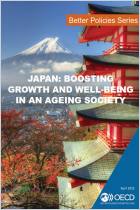
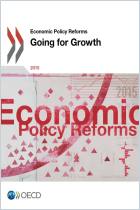
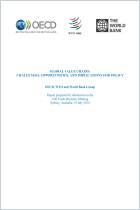
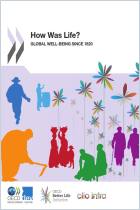
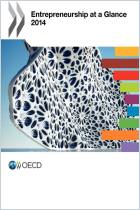
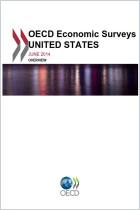
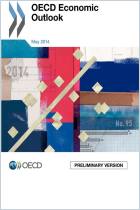
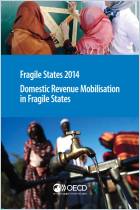
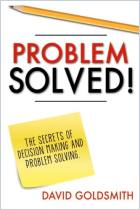
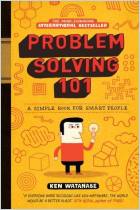
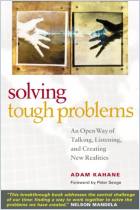
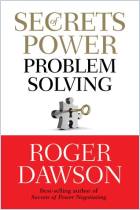
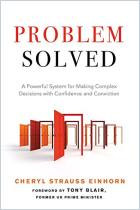
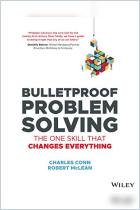



Comment on this summary or Начать обсуждение